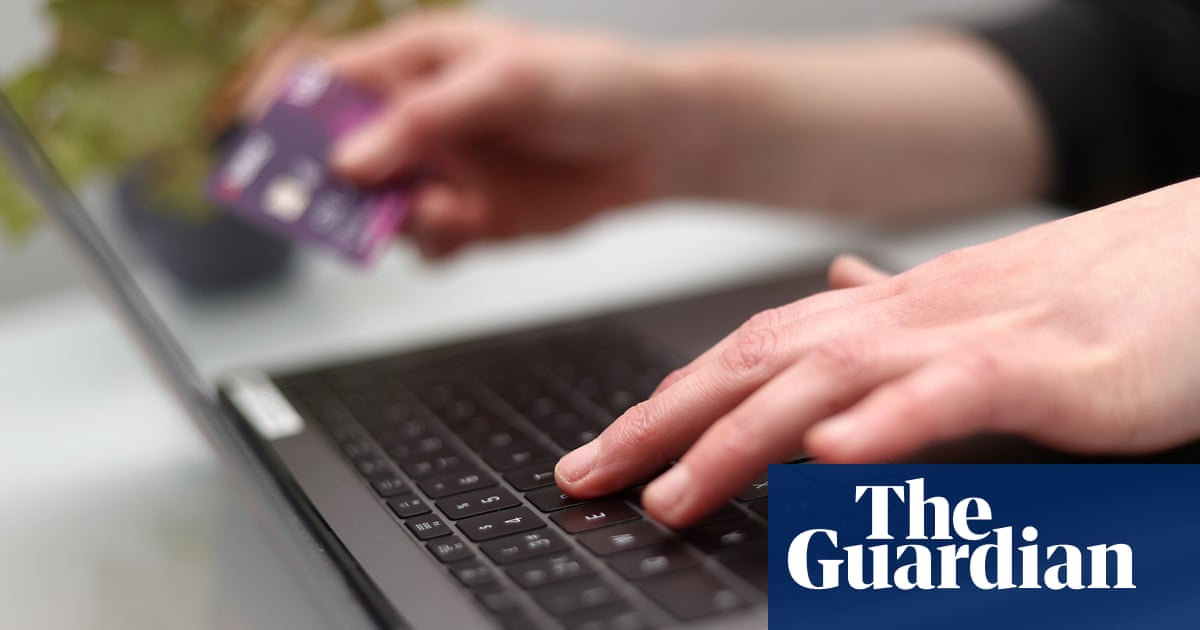Bussiness
She Pivoted A Business Model. Now This Retailer Profits From Uplifting Solopreneurs

Dr. Lakeysha Hallmon, CEO of The Village Retail, says her shop and night marketplace helped circulate more than $8 million for Black-owned businesses.
In 2021, Dr. Lakeysha Hallmon was drowning—and hardly realized it.
Hallmon, 42, a former schoolteacher with limited business experience, was too generous in splitting sales percentages with distributors for her startup, The Village Retail. In year one, sales eclipsed $900,000. But Hallmon’s operation wasn’t financially stable. Her mentor, Richelieu Dennis, the founder of Sundial Group of Companies, which owns Essence magazine, suggested Hallmon pivot to save the business.
“You have to be willing to erase the paper and build something else,” Hallmon tells Forbes. “You can have the same mission, but it has to look different.”
Hallmon, the CEO of The Village Retail, a shop inside Atlanta’s Ponce City Market, shares her story in Forbes’ “Journey to ForbesBLK Summit,” an editorial series leading up to the second annual ForbesBLK business conference in Atlanta on June 23-25. ForbesBLK will amplify entrepreneurs like Hallmon, who take distinctive approaches to business, thought leadership, and economic problem-solving.
Launched in October 2020, Village Retail sells consumer goods exclusively produced by Black entrepreneurs. Items include apparel, men’s and women’s accessories, books, fragrances, hair care products, and nutritional supplements.
Salah Goss, a senior vice president at Mastercard Center for Inclusive Growth, Mastercard’s corporate philanthropy unit, visited Village Retail in 2021 after a co-worker recommended it. Goss was instantly impressed by the store’s appearance.
“If she never said a word,” Goss says, “you would never know that some of the businesses in her shop are small businesses and you wouldn’t know anything about the demographics. You just see beautiful quality products.”
Village Retail uses a sales-percentage model; Hallmon charges for in-store placement and takes a percentage of final transactions. She opened the store for small business owners damaged during the pandemic and needed in-person product visibility. More importantly, Hallmon says she fulfilled her mission to begin a trend of circulating dollars within the Black community.
Hallmon estimates the shop alongside the Village Market, a quarterly marketplace she developed in 2016, generated about $8.3 million for Black entrepreneurs. That’s up from $4.5 million since the first year. Additionally, she says Village Retail averaged just over $1 million in sales over the last two years. That includes income from e-commerce sales and Village Retail’s lifestyle brand.
Hallmon says Village Retail is profitable. The shop employs seven people and aims to expand to 20 employees by the end of next year. Hallmon wants to solve two problems: economic parity with non-Black businesses and scaling sole proprietors, known as solopreneurs.
“You can build a social enterprise and have real numbers,” Hallmon says. “Black retail companies are viable.”
U.S. Black consumers’ collective economic power is estimated to hit $1.7 trillion in 2030, up from $910 billion in 2019, according to global research firm McKinsey and Company. “When I hear that number,” Hallmon says, “I hear nothing but opportunity.” However, scaling solopreneurs is vital to achieving that figure’s full impact.
McKinsey writes that roughly 96% of all Black-owned businesses are sole proprietors, compared to 80% of non-Black businesses. Additionally, though Black people make up 14% of the U.S. population, only 2% of U.S. private employer businesses (roughly 124,000 enterprises) are Black-owned. And then, Black employer businesses average $850,000 in annual revenue compared to $2.4 million for white employer businesses.
Community Business: “I knew that I could build an excellent model that will lift the elevation of what it meant to be a Black entrepreneur in the city of Atlanta,” Dr. Lakeysha Hallmon says of launching The Village Retail in 2020.
Getty Images
Building A Village
In 2015, Ponce City Market debuted following a $250 million redevelopment project to convert a former Sears building into a multi-use community. It’s attached to Atlanta’s BeltLine, featuring 22 miles of bike-friendly trails, public parks, and transit line connections. It generates massive foot traffic for small businesses.
Hallmon envisions applying Ponce City’s concept throughout the country to “galvanize” the Black community.
“She’s very intentional about building community in a way that I have not seen at this scale,” Goss says. She recalled a dinner with Hallmon in 2021 to discuss ways Mastercard could assist through its $500 million pledge to combat the racial wealth and opportunity gap. “We started sketching things out on a napkin,” Goss recalls. “From that napkin came a partnership” with Hallmon’s nonprofit, Our Village United. Mastercard granted $2.3 million to Hallmon’s nonprofit to fund business development programs, Goss says.
Born in Batesville, Mississippi, Hallmon’s parents were factory workers whom Hallmon credits for instilling a solid work ethic. “I get my attention to detail, for things to be meticulous, from my dad,” Hallmon says. After graduating from Tougaloo College, an HBCU located about 140 miles outside of Batesville, and earning a master’s degree in education from the University of Mississippi, Hallmon pursued a career in teaching.
In 2015, she moved to Atlanta to work as an education research and evaluation specialist with the Georgia Department of Education. A year later, she pivoted upon discovering how prominent retail businesses and Black consumers seeking products catered to their community and culture. Hallmon used $20,000 in savings and another $3,500 from family and friends to start the quarterly nighttime marketplace for small businesses and Black consumers to convene and circulate dollars. The marketplace’s popularity led to Village Retail’s launch in 2020.
Reflecting on the store’s early success, Hallmon credits the move to switch up the financial model of her startup to stay afloat. “You have to be willing to pivot,” Hallmon says. “And you have to have people around that force you to pivot.”
Capital Gains: Watch the video to explore Hallmon’s entrepreneurial journey and learn how she scaled The Village Retail.









